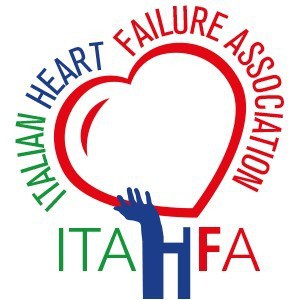Dear Editor,
We read, with great interest, the review article written by Oliveros et al. entitled ‘Coronavirus Disease 2019 and Heart Failure: A Multiparametric Approach’, which comprehensively summarises the clinical characteristics of cardiovascular complications associated with coronavirus disease 2019 (COVID-19) and the use of telehealth in patients with heart failure.1 This review should be highly valued considering that the rather high prevalence of cardiovascular comorbidities, including heart failure, among patients with COVID-19 is now recognised. Individuals with underlying cardiovascular conditions are at increased risk of myocardial injury associated with COVID-19, as reported previously, possibly due to reduced cardiorespiratory reserves.2
We would like to complement the discussion of Oliveros et al. on acute heart failure and the use of renin–angiotensin system (RAS) inhibitors.1 Acute heart failure represents a common cardiovascular complication of COVID-19, which may be precipitated by acute illness in patients with pre-existing known or undiagnosed heart disease or incident acute myocardial injury.
Although Oliveros et al. are correct to suggest that routine antihypertensive therapy including RAS inhibitors should not be altered in the context of COVID-19 by citing recommendations from several professional cardiology societies, extreme caution should be taken in COVID-19 patients who develop acute heart failure.1
Patients with acute heart failure, regardless of COVID-19 status, often develop hypotension and/or worsening renal function, which are markers for increased activation of the RAS and therefore increased reliance on angiotensin II for blood pressure maintenance.3 Hence, the development of hypotension and/or worsening renal function should prompt dose reduction or even discontinuation of RAS inhibitors, such as angiotensin-converting enzyme inhibitors and angiotensin receptor blockers. In fact, hypotension following the administration of these agents may be prolonged, given the long effective half-lives of most of these agents.4,5
As acute heart failure can be common in COVID-19 patients with cardiovascular comorbidities, it is important to pay attention to the medications prescribed to these patients for their cardiovascular conditions. The use of other common concomitant medications, such as beta-blockers, also requires caution, especially in patients with severe decompensation (severe fluid overload and/or requiring inotropic support), in whom beta-blockers may need to be withheld. At present, with a definite cure for COVID-19 still elusive, individualised management of concomitant medications can be important in preventing a more complicated course of illness, and a one-size-fits-all approach should be discouraged.









